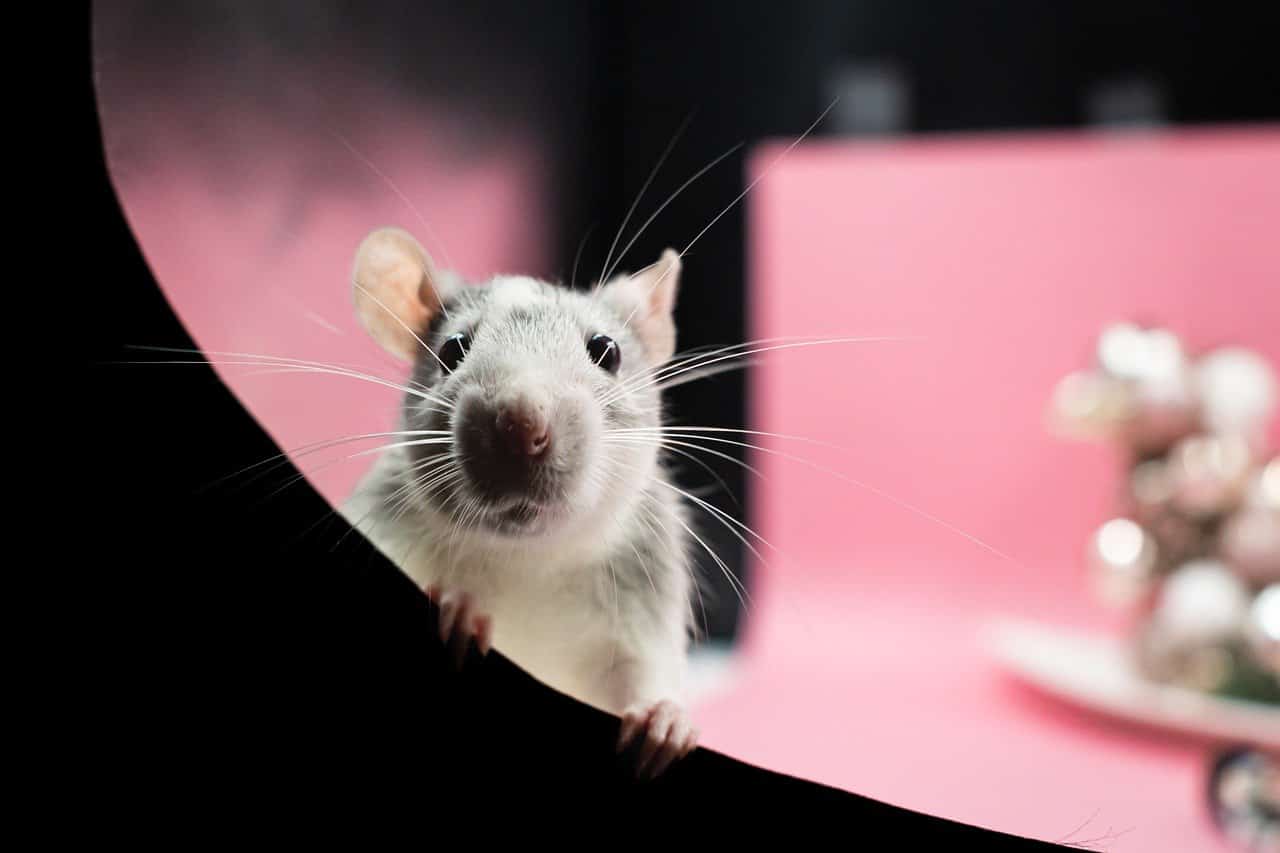
It is the dream of both doctors and politicians: an existing vaccine, the safety of which has already been established and which can induce immunity to COVID-19. Part of the dream is already coming true, according to research by Radboudumc in Nijmegen. A vaccine against tuberculosis that has been used for years appears to have a general stimulating effect on the immune system. It, therefore, works effectively against several diseases. It remains to be seen whether COVID-19 is one of those.
The study compared groups of volunteers who may or may not have received a BCG vaccine in the last five years (before the corona pandemic) and showed that the vaccine is at least safe and does not pose any additional risk of COVID-19 complaints. The results of this study have now been published in Cell Reports Medicine.
The Bacille Calmette-Guérin or BCG vaccine is the most widely received vaccine in the world. Originally intended as a treatment for tuberculosis, it later became clear that it gives a long-term, general boost to the innate immune system. As a result, the vaccine also proved effective against other conditions. At the Radboudumc, Professor of Experimental Internal Medicine Mihai Netea does a lot of research into this effect, which is called ‘trained immunity‘.
Most volunteers received the vaccine between April 2017 and June 2018. Doctor PhD student and first author of the article Simone Moorlag explains that the purpose of that study was to determine the difference in immune response between individuals. “We’ve now asked the same volunteers about disease and COVID-19 complaints during the coronary pandemic. We then compared these data with those of a group of healthy volunteers who did not receive a BCG vaccine.”
Safe, with perhaps a positive effect
What the comparison between the groups shows is that at least those who have received the vaccine have not become ill more often or have become more seriously ill. Therefore, the researchers conclude, it can’t do any harm to vaccinate people with BCG. The data show “a cautiously positive picture”, with a lower number of sick people in the period March-May 2020 among the vaccinated group, and also fewer fatigue complaints.
For bigger conclusions, it is still too early. The researchers underline that the positive result was to be expected in view of the generally known effects of the BCG vaccine on healthy volunteers. Moreover, the study also has limitations that prevent conclusions from being drawn about the usefulness of the BCG vaccine for the coronavirus. Mihai Netea: “It is very important to be able to confirm that someone who has been vaccinated with BCG does not experience any adverse effects during the COVID-19 pandemic.” But he also stresses that more study is needed to determine if this vaccination against COVID-19 can really help.
In order to be able to determine this, various studies are already underway, including a number of major studies in the Netherlands.








